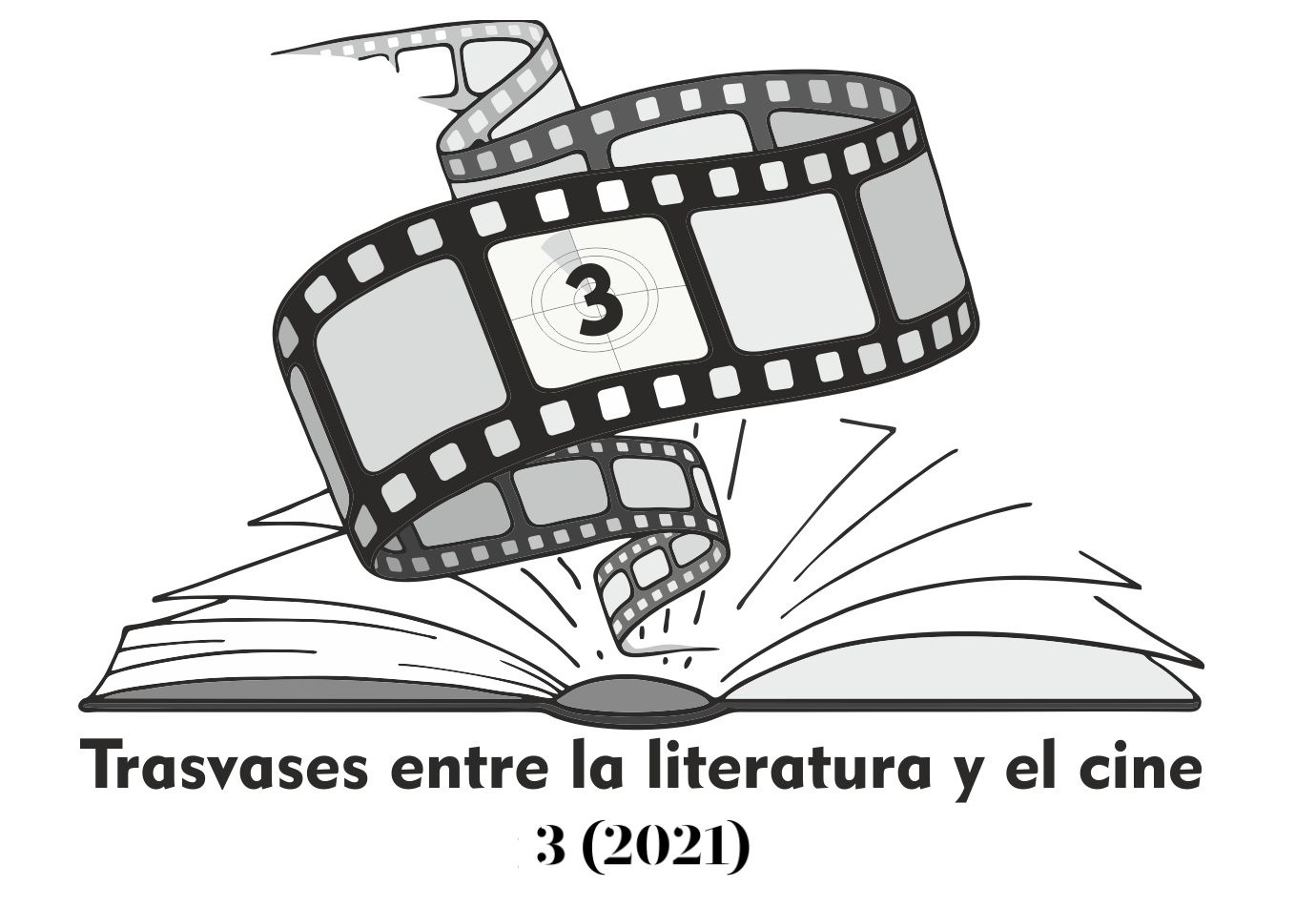Seconds: the dystopia that stopped being one
DOI:
https://doi.org/10.24310/Trasvasestlc.vi3.11446Keywords:
David Ely, John Frankenheimer, crisis, masculinity, dystopia, consumerism, planned obsolescence, surrogates, avatar, alter egoAbstract
We analyze the importance of Seconds (1963) by David Ely through a literary-filmic and political-social analysis that uncovers aspects not described in the few papers published to date. We reveal for the first time how Seconds has become a dystopia that has stopped being one.
Downloads
Metrics
Publication Facts
Reviewer profiles N/A
Author statements
Indexed in
-
—
- Academic society
- N/A
- Publisher
- Universidad de Málaga
References
ADAMSON, Glenn. (2003), Industrial strength design: how Brooks Stevens shaped your world, Cambridge, Milwaukee Art Museum Press.
AMES, Russell (1948), «Sinclair Lewis Again», en H. Bloom (ed.), George F. Babbitt (2004), Broomall, Chelsea House Publishers, págs. 3-6.
CHAPMAN, Jonathan (2013), «Emotionally Sustaining Design», en S. Walker y J. Giard (eds.), The Handbook of Design for Sustainability, London, Bloomsbury Academic, págs. 363-374.
CHAMPLIN, Charles (1995), John Frankenheimer: A Conversation With Charles Champlin, Bristol, Riverwood Press.
CORNEA, Christine (2011), «Frankenheimer and the Science Fiction/Horror Film», en M. Pomerance y R. Barton Palmer (eds.), A Little Solitaire: John Frankenheimer and American Film, New York, Rutgers University Press, págs. 229-243.
EASTON, Sean (2012), «The Old Vines Are Buried Deep: Classical Motifs in John Frankenheimer’s Seconds», Illinois Classical Studies, 37, págs. 199-216. [En línea: https://doi.org/10.5406/illiclasstud.37.0199. Fecha de consulta: 29/11/2020].
ELY, David (1982), Substituts, ed. de M. de Pedrolo, Barcelona, Edicions 62.
JENSEN, Jeff (2007), «James Cameron talks “Avatar”», Entertainment Weekly, s. pág. [En línea: https://ew.com/article/2007/01/15/james-cameron-talks-avatar. Fecha de consulta: 08/12/2020].
HARDING, Luke (2010), «James Cameron rejects claims Avatar epic borrows from Russians’ sci-fi novels». The Guardian, s. pág. [En línea: https://www.theguardian.com/film/2010/jan/13/james-cameron-avatar-plagarism-claim. Fecha de consulta: 08/12/2020].
KENNEDY, John Fitzgerald (1960), «Address of Senator John F. Kennedy Accepting the Democratic Party Nomination for the Presidency of the United States, Los Angeles, July 15, 1960». John F. Kennedy Library and Museum. [En línea: https://www.jfklibrary.org/asset-viewer/archives/TNC/TNC-191-E5-EX/TNC-191-E5-EX. Fecha de consulta: 08/11/2020].
LEWIS, Edward (2013), A Second Look with Evans Frankenheimer and Salome Jens (2013). En FRANKENHEIMER, John (2013), Seconds [DVD]. New York City, Criterion Collection.
MARQUARDT, Alexander (2010), «Did Avatar Borrow from Soviet Sci-Fi Novels?», ABC News, s. pág. [En línea: https://abcnews.go.com/Entertainment/avatars-james-cameron-borrow-soviet-sci-fi-novels/story?id=9561339. Fecha de consulta: 08/12/2020].
MICHAUD, Marilyn (2005), «The Double as Failed Masculinity in David Ely’s Seconds», eSharp, núm. 6.1 (Autumn), págs. 1-18. [En línea: https://www.gla.ac.uk/media/Media_41179_smxx.pdf. Fecha de consulta: 28/11/2020].
ONU (2008), «Manual de buenas prácticas en las actuaciones penales que guarden relación con la delincuencia organizada». [En línea: http://www.unodc.org/documents/organized-crime/V0852046%20WP%20Good%20Practices%20%28S%29.pdf. Fecha de consulta 12/12/2020].
PACKARD, Vance (1957), The Hidden Persuaders, London, Penguin.
PACKARD, Vance (1961), The Waste Makers, London, Longmans, Green and Co, Ltd.
PIZARRO, Francisco (2018), «Ciencia ficción chilena y saberes Psi: El problema del doble en la obra Los títeres de Hugo Correa», Atenea (Concepción), 518. http://dx.doi.org/10.4067/S0718-04622018000200025
PRATT, Ray (2001), Projecting Paranoia: Conspiratorial Visions in American Film, Lawrence, University Press of Kansas.
SCHLESINGER, Arthur Meier Jr. (1949), The Vital Center: The Politics of Freedom, Boston, Houghton Mifflin Harcourt.
SCHULBERG, Budd (2008), ¿Por qué corre Sammy?, trad. de J. Martín Lloret, Barcelona, Quadzers Crema, S.A.
TURNER, George E. (2019), «The Astonishing Images of I Am Cuba», American Cinematographer. An International Publication of the ASC. [En línea: https://ascmag.com/articles/flashback-soy-cuba. Fecha de consulta: 06/12/2020].
Downloads
Published
How to Cite
Issue
Section
License
All authors published in this journal accept the following copyright terms:
a. Authors retain their authors´ rights (copyright) and grant First Publication Rights to the journal, which whill be published under a the Creative Commons Attribution-NonCommercial-ShareAlike 4.0 International (CC BY-NC-SA 4.0) license. All about this license is available in the following link: <http://creativecommons.org/licenses/by-nc-sa/4.0>
b. Authors may separately establish additional agreements for the non-exclusive distribution of the version of the work published in the journal (e.g. including it in an institutional repository, or publishing it in a book) with an acknowledgement of its initial publication in this journal.
c. Authors are allowed and encouraged to disseminate their work electronically (e.g. in institutional repositories or on their own website) as this can lead to productive exchanges, as well as earlier and more extensive citation of published work.
The author is responsible for obtaining permission from the copyright holder when using copyrighted materials.
This electronic journal is published by University of Málaga (UmaEditorial), thus it is necessary to cite the origin of any partial or total reproduction.








22.png)










